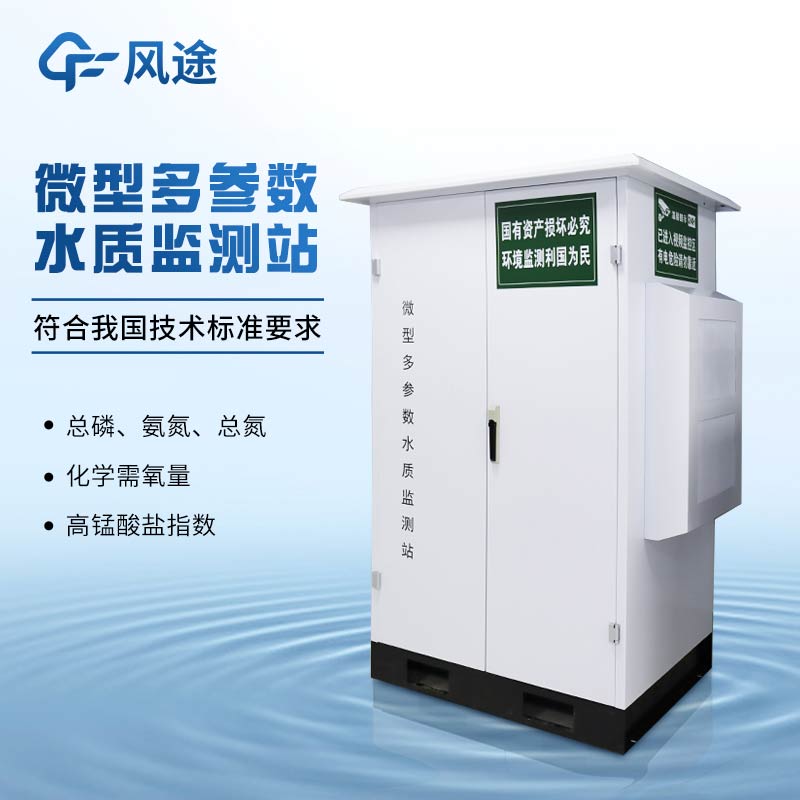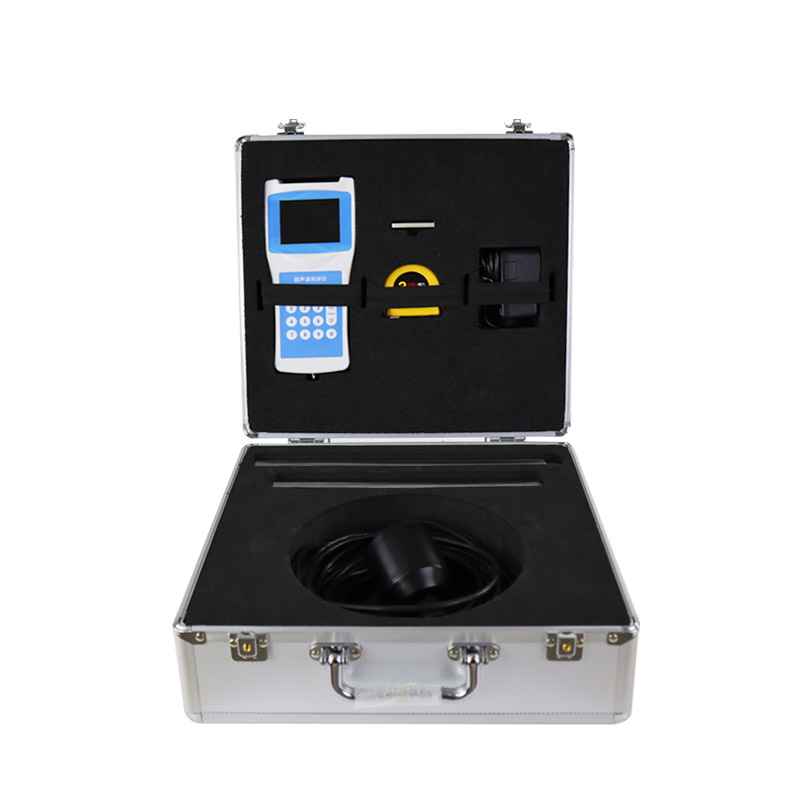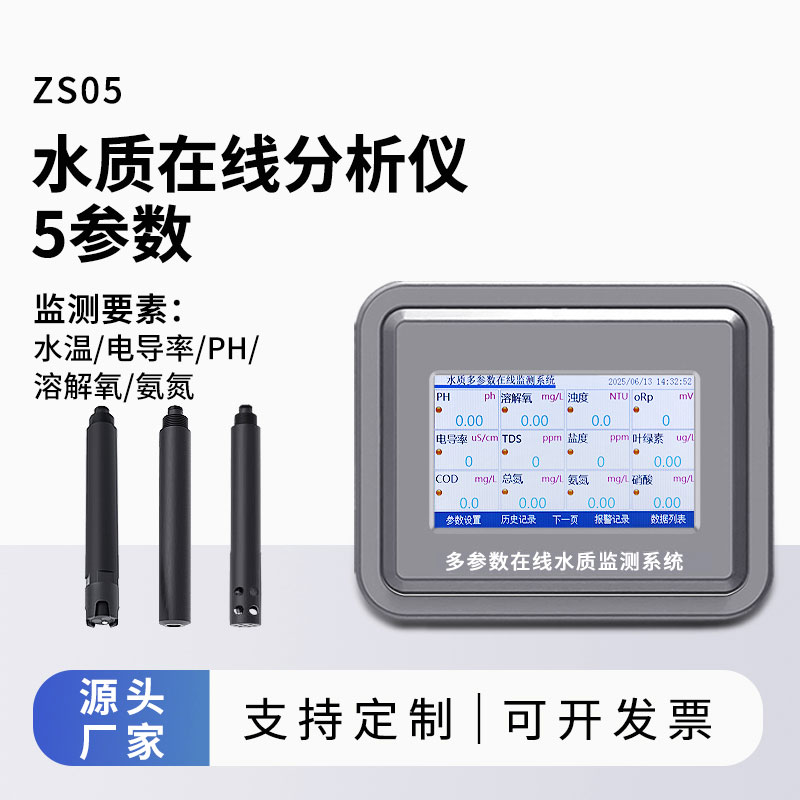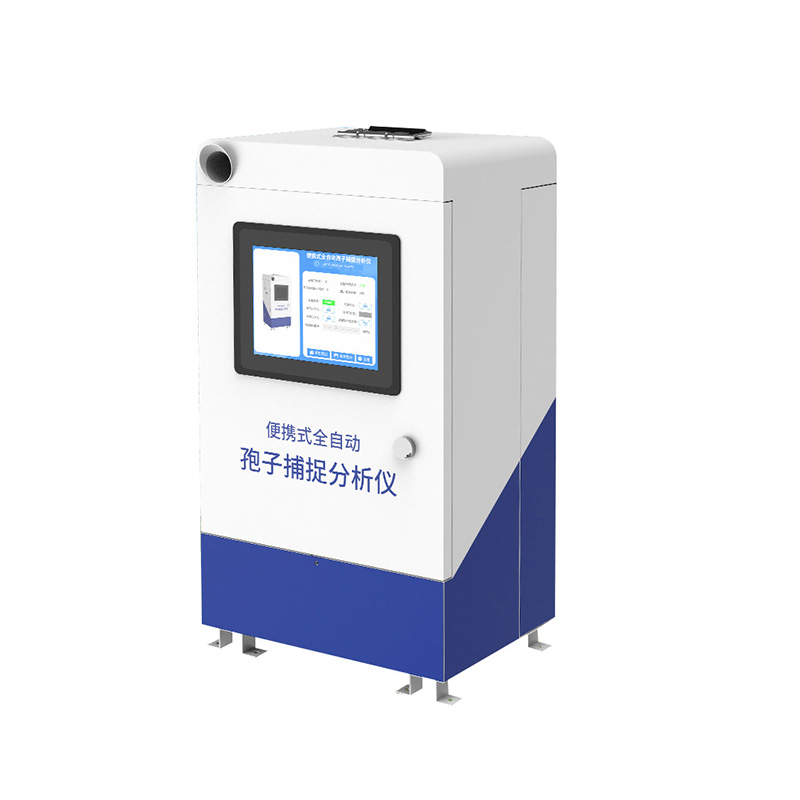Heavy metal pollution in water is a serious environmental issue with wide - ranging sources and far - reaching consequences. Industrial production is one of the main sources of heavy metals in water. For example, the electroplating industry uses a large amount of heavy metals such as copper, zinc, and nickel during the electroplating process. In the mining and smelting industry, heavy metals are released into the environment during ore mining and smelting and enter water bodies through surface runoff, groundwater, etc. In agricultural activities, pesticides, fertilizers, and livestock manure contain heavy metals, and agricultural irrigation water may also carry heavy metals. Domestic sewage contains heavy metals such as lead, mercury, and cad, which come from daily use of cosmetics, detergents, electronic products, etc. Natural geological activities also cause heavy metals in rocks and soil in certain areas to enter water bodies with the water flow.
Heavy metals can cause damage to the human nervous system, liver, kidneys and other organs, and can also lead to serious consequences such as cancer and teratogenesis. They are toxic to aquatic organisms, affecting their growth, reproduction and survival, and accumulate in soil, affecting soil fertility and biodiversity.
To detect heavy metals in water, Fengtu has launched a water heavy metal detector.
It has many advantages: high precision. The design of a precision colorimetric cell solves the problem of light source error, and the imported ultra - bright light - emitting diode can automatically adjust and calibrate the brightness. It is easy to operate. It uses a new Android 7.1.1 intelligent operating system with a user - friendly Chinese operation interface, an 8 - inch LCD touch screen for intuitive and simple reading. It has a powerful detection function, capable of detecting multiple heavy metal content indicators. It is convenient for data management, with the capacity to store 8 million sets of data, supporting HDMI output, and equipped with a regulatory cloud platform that can be connected and uploaded to the environmental regulatory department's platform. It has a wide range of application scenarios, suitable for the detection of various water samples such as industrial wastewater, urban sewage, domestic sewage, and surface water in river and lake basins.
When using the detector, attention should be paid to sample collection to ensure that the water sample is representative and clean without impurities. The sample should be processed according to the instructions, such as filtering and adding diluent. The instrument should be calibrated regularly and reagents should be replaced in a timely manner. Maintenance work should be done to keep the instrument clean and dry. Through the detector, we can better monitor heavy metals in water and ensure the safety of life and the environment.

This paper addresses:https://fengtusz.com/industry/608.html









